We all have probably heard the term “sports psychology”, thanks to the growing conversations around this field. Especially psychology in India for athletes. So, to begin with can athletes be better sports psychologists. Let us talk a little about what does it really encompasses and what is the role of a sports psychologist?
Sports psychology is a branch of psychology that focuses on the mental aspects of sport. Sports psychologists help athletes improve their performance by understanding how they think, feel, and behave. They use psychological principles to enhance athletic performance.
Athletes as Sports Psychologists: The Experience Matter?
A sports psychologist might work with a team or group of athletes to develop strategies to improve their performance. Other times, a sports psychologist might focus on individual athletes to help them reach their full potential. Sports psychologists can work with athletes in several domains:
- One way is to provide general advice about how to improve their performance.
- Another way is to help athletes cope with specific problems they face. For example, a sports psychologist could help an athlete learn relaxation techniques to reduce anxiety before a big game. Or help them in rehabilitation and recovery from injuries.
- Finally, a sports psychologist can help athletes prepare for competitions. For instance, a sports psychologist could teach an athlete how to perform under pressure.
“Is it necessary to be an athlete to become a sports psychologist?”
A commonly asked question that we have seen floating around in many spaces. To explore it further, we asked a few questions revolving around this to a professional sports psychologist. And compared it with the perspectives of others who also answered the same questions. “Can athletes be better sports psychologists?”
Note that 06 out of them were sports enthusiasts and 02 of them was a graduate in psychology, did not express much interest in sports and had no prior or current exposure to sports. Meanwhile, the rest of them had all participated in sports in some capacity, either at states, national or recreationally.
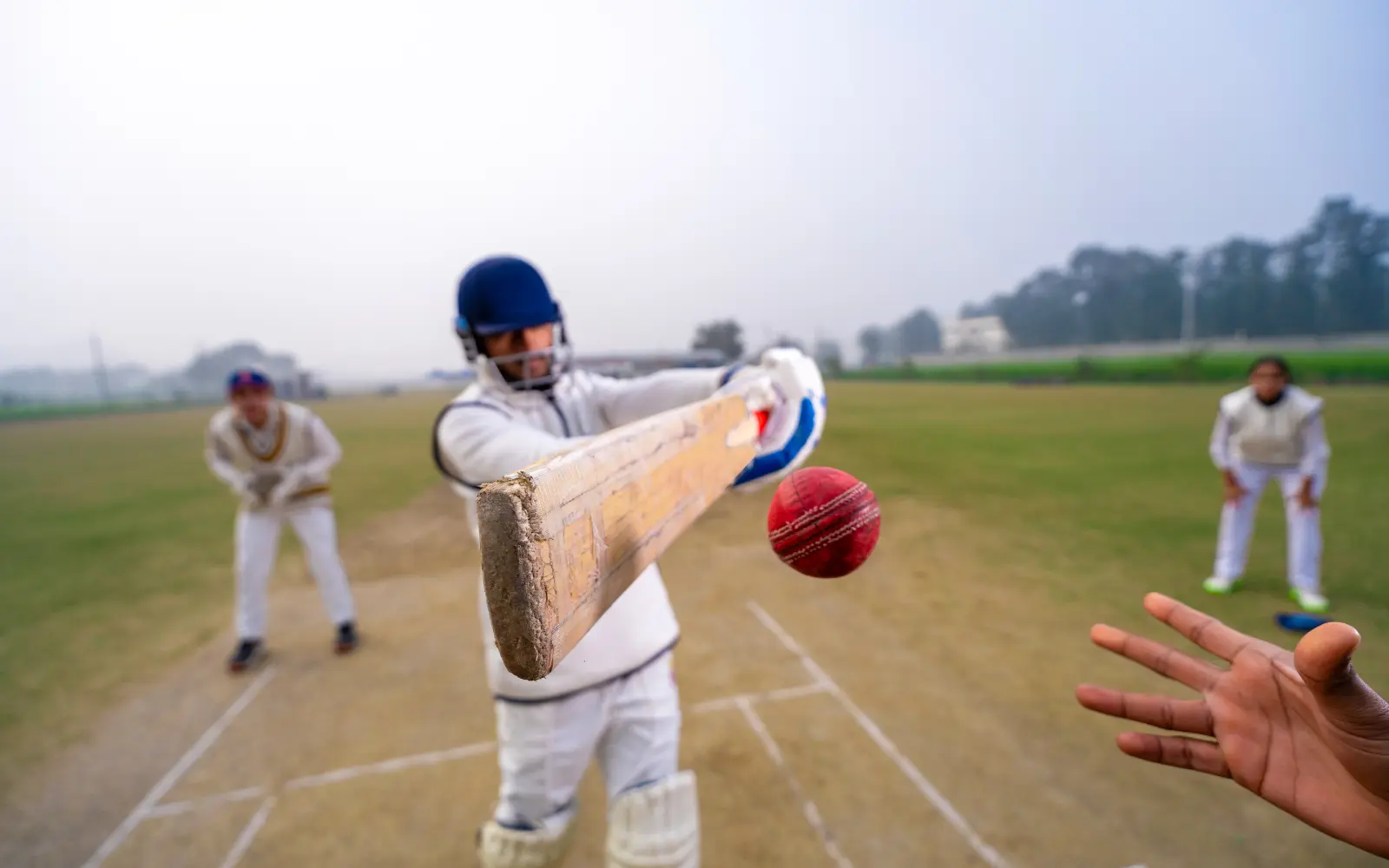
Can Athletes Be Better Sports Psychologists: An Insider’s Perspective
It was wonderful to see that while all the people who answered the questions were not professional sports psychologists. But most of them showed a moderate to high level of interest in sports. Similarly, most of them expressed having a high level of interest towards a career in sports psychology. Let’s understand insider’s perspective on can athletes be better sports psychologists:
The question of “whether it is an important prerequisite for one to be an athlete to pursue a career in sports psychology”, saw some intriguing thoughts surface.
While most of them believed that it’s not a compulsion for one to be an athlete. However there are some advantages if that is the case. “Not really! but it gives an extra edge to our skills as past athletes that we all need to excel at our work” said the professional. Additionally, the Insights from experts mentioned the “Advantage of being a former athlete is that it provides insight and exposure of the field, yet it is not compulsory.”
Moving on, we addressed a situation by asking that “if one is an Athlete, would pursuing a career in sports psychology be much easier than not being one? “
Surprisingly, we got a positive response. One of the professionals stated that “being a sports person provides an additional understanding of the sporting environment from a mental skills perspective”. While another said that it leads to a “better understanding of the psychological demands in the field of sports”.
We gathered some thought-provoking perspectives on “the challenges that a non-athlete can face in their career as a sports psychologist.”
Everybody could think of one or the other challenges. Some of them that stood out were: “During sessions, if we don’t understand the requirements of sports in terms of physicality and game demand, we might miss out on some tangible information” was an insight from the sports psychologist. One of the responders who is a badminton player also added that it might be a little challenging to resonate with the practicality of the field.
Lastly, the “importance of developing skills besides just being interested in sports, to become a successful sports psychologist” was conveyed through their responses.
Coming from the professional sports psychologist, we gathered that “to begin with, interest in sports is important but in the longer run the focus should be on constant development of skills and our techniques”. The other professional further stated how “psychological skill sets and personal qualities (e.g., congruent) are pivotal in a person’s competency”.
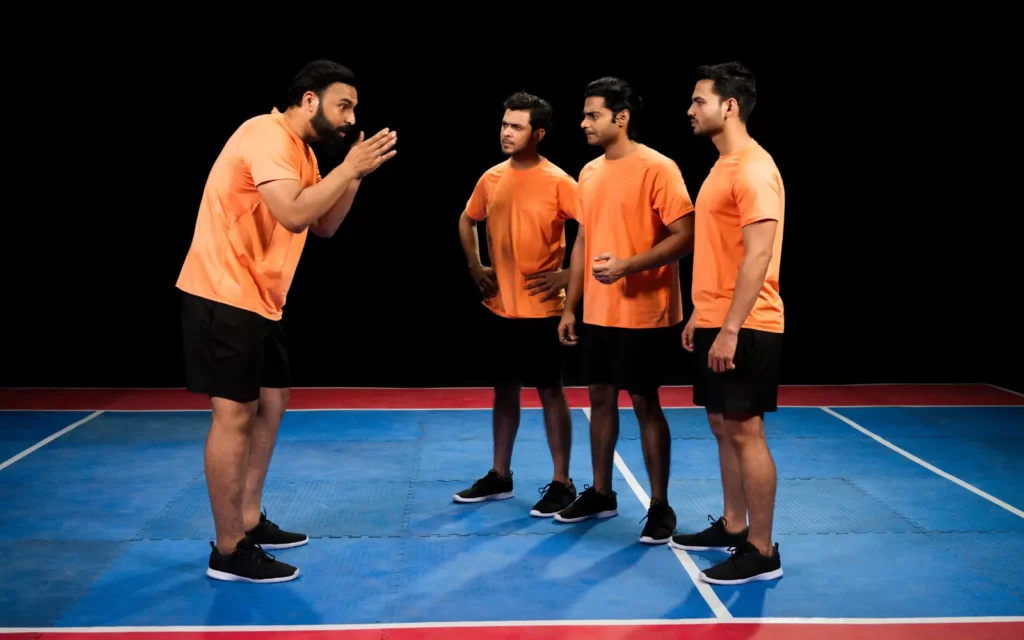
Key Tips and Learnings for Understanding Your Own Mindset
- Being an athlete does not entirely decide one’s career trajectory as a sports psychologist. A lot of it is reliant on your experience, exposure, willingness to learn and grow and of course, practice!
- Being an athlete does give an edge to your skill sets. Nevertheless, you can spend some extra time to work on your skills if you don’t happen to be an athlete but want to pursue sports psychology.
- An athlete who goes on to pursue sports psychology might have a deeper understanding of the sporting ecosystem and its demands by virtue of witnessing it closely. That being said, a non-athlete can equip themselves with this awareness by increasing their on-ground presence, interaction with athletes, reading books on sports, maybe even playing a sport themselves for recreation and finding other ways to widen their knowledge.
- For the athletes be better sports psychologists. There might be some challenges initially in fully understanding and perceiving the athlete’s requirements, however one has to be patient for it to be bridged over sessions. If one has the required skills like good communication and listening besides others, this can be tackled.
- Most importantly, Sports Psychology is more than just being passionate about sports. Sports alone can only take you to a certain level, but psychology makes up the other half of sports psychology. It therefore explains why having an ideal balance of skills and knowledge is essential.
Thus, if you are reading this and you are an athlete, non-athlete, recreational athlete, elite player, student, graduate or anybody looking at the prospects of pursuing a career in sports psychology, we hope you find this helpful! Through this article on can athletes be better sports psychologists, we hope to have answered the question that has been on many minds at some point or another.

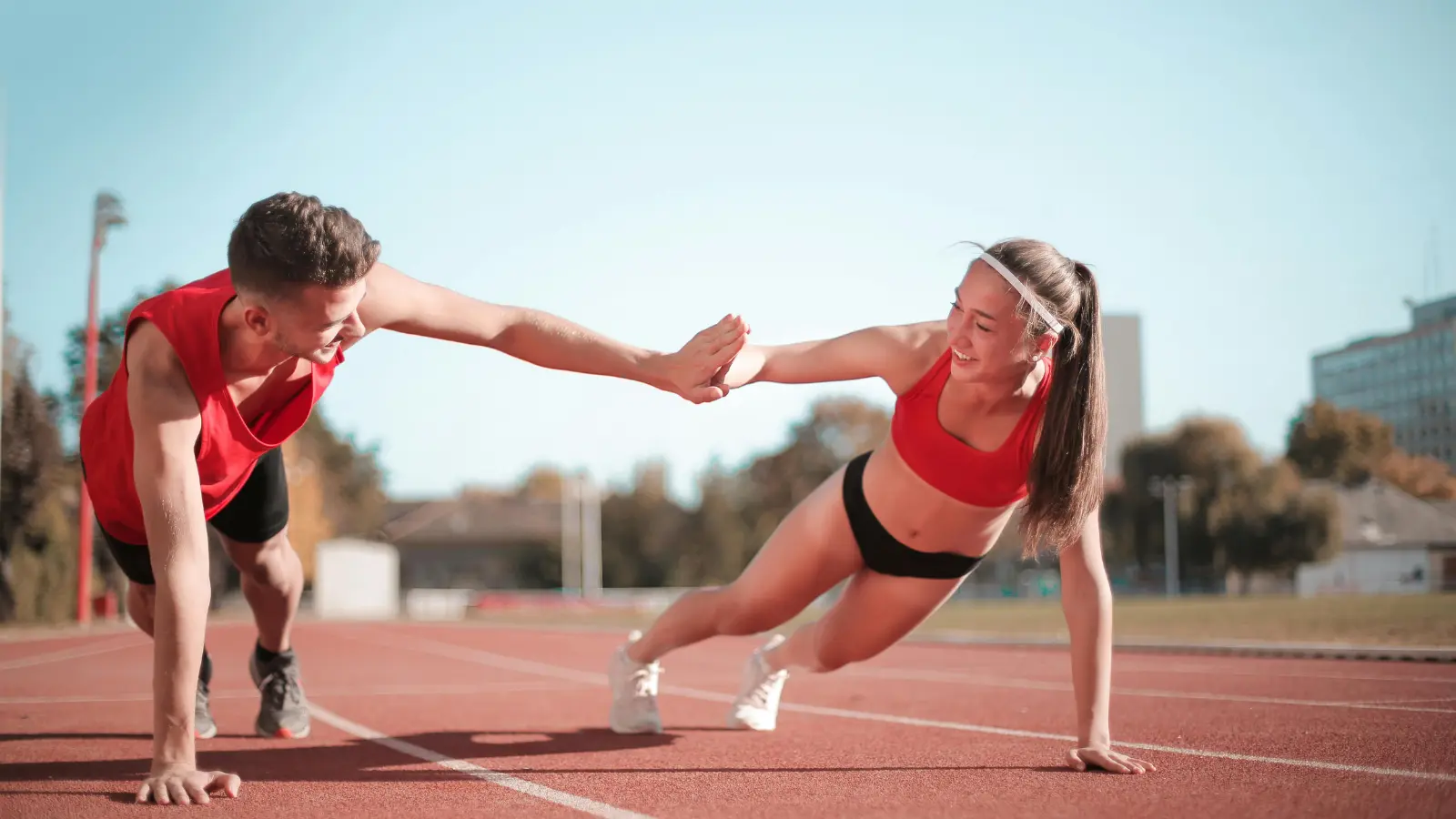
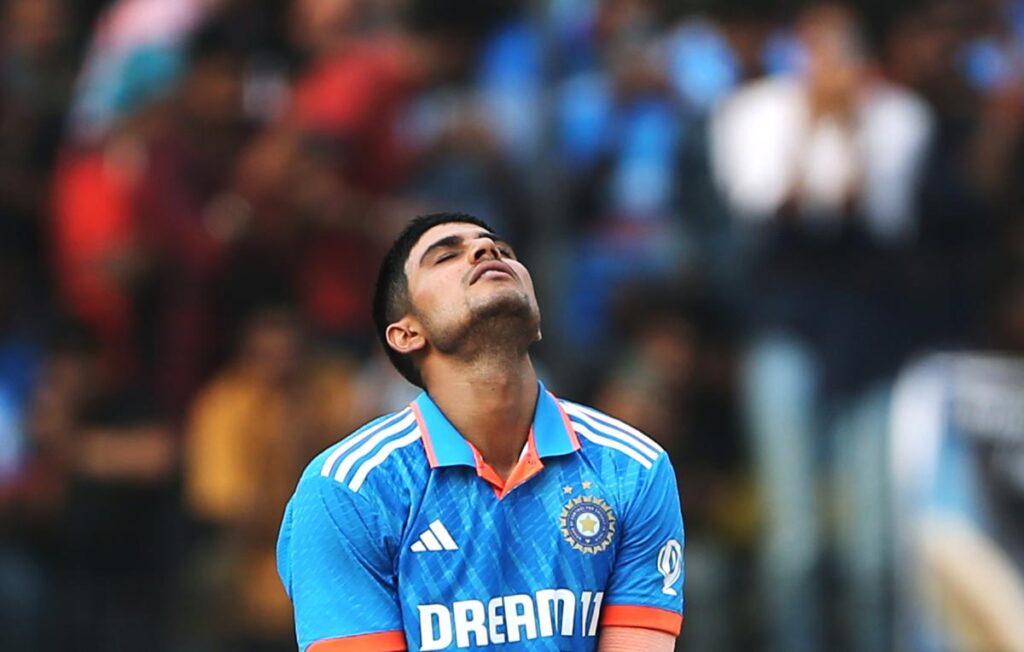
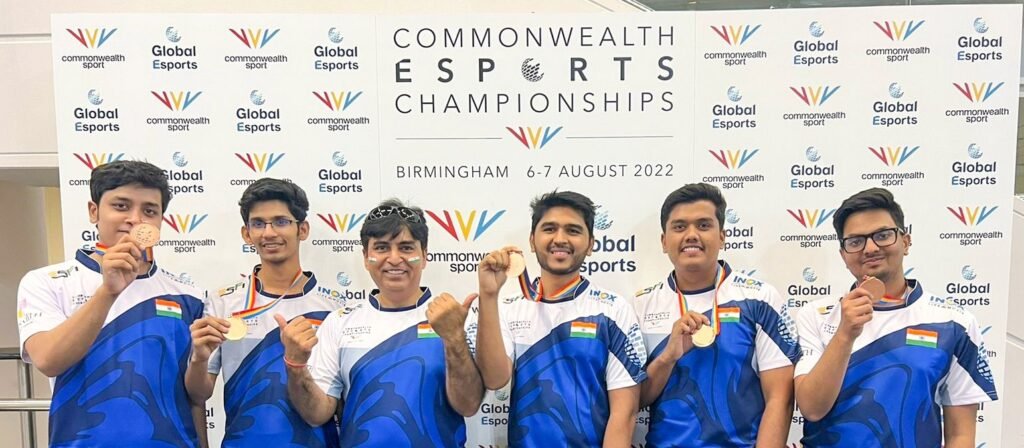

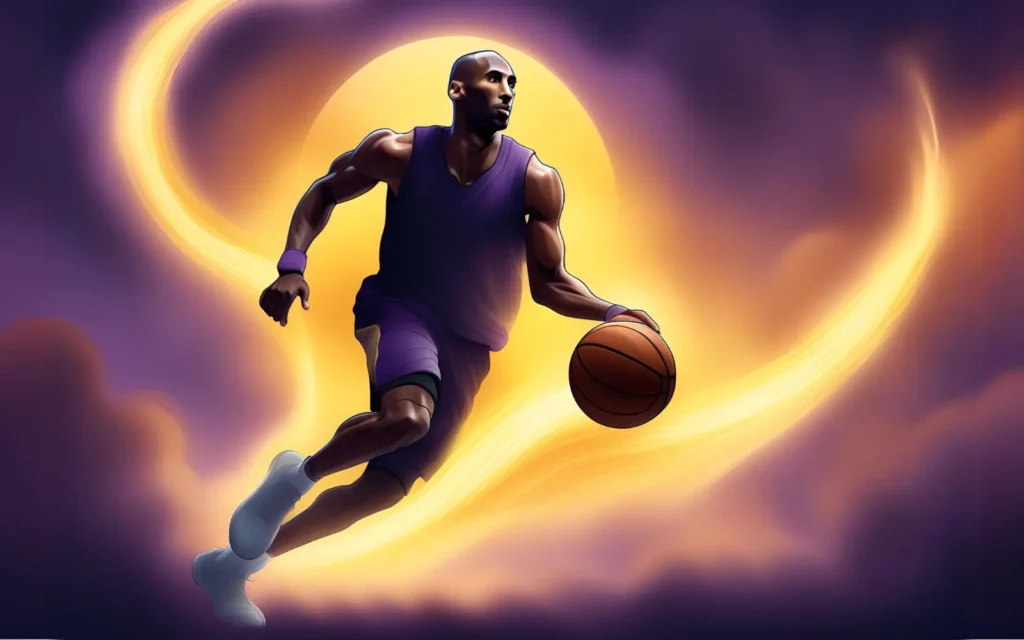
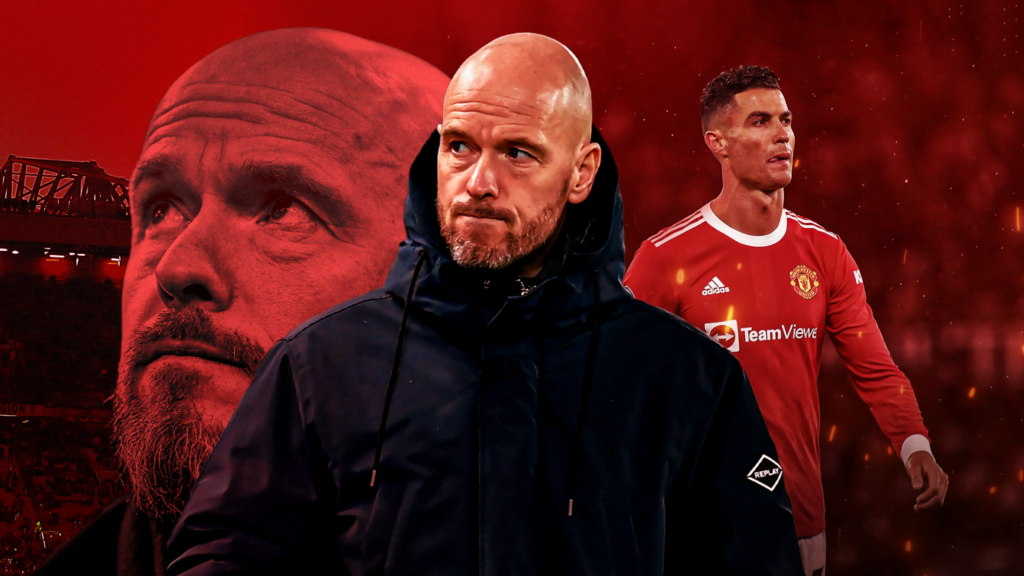
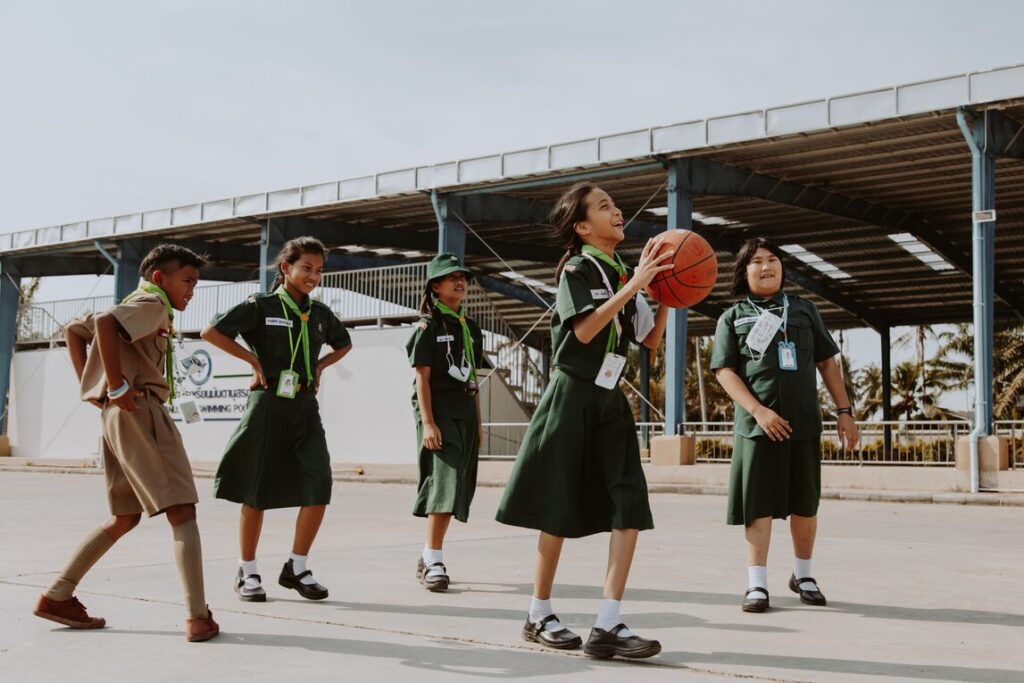
Well Said!
22Yards is a professional Bangalore Best Cricket Club. They are equipping training for those who are pursuing their cricket career. It’s concentrating on individual technical skills development in batting, bowling, and fielding and likewise your physical and mental health also.